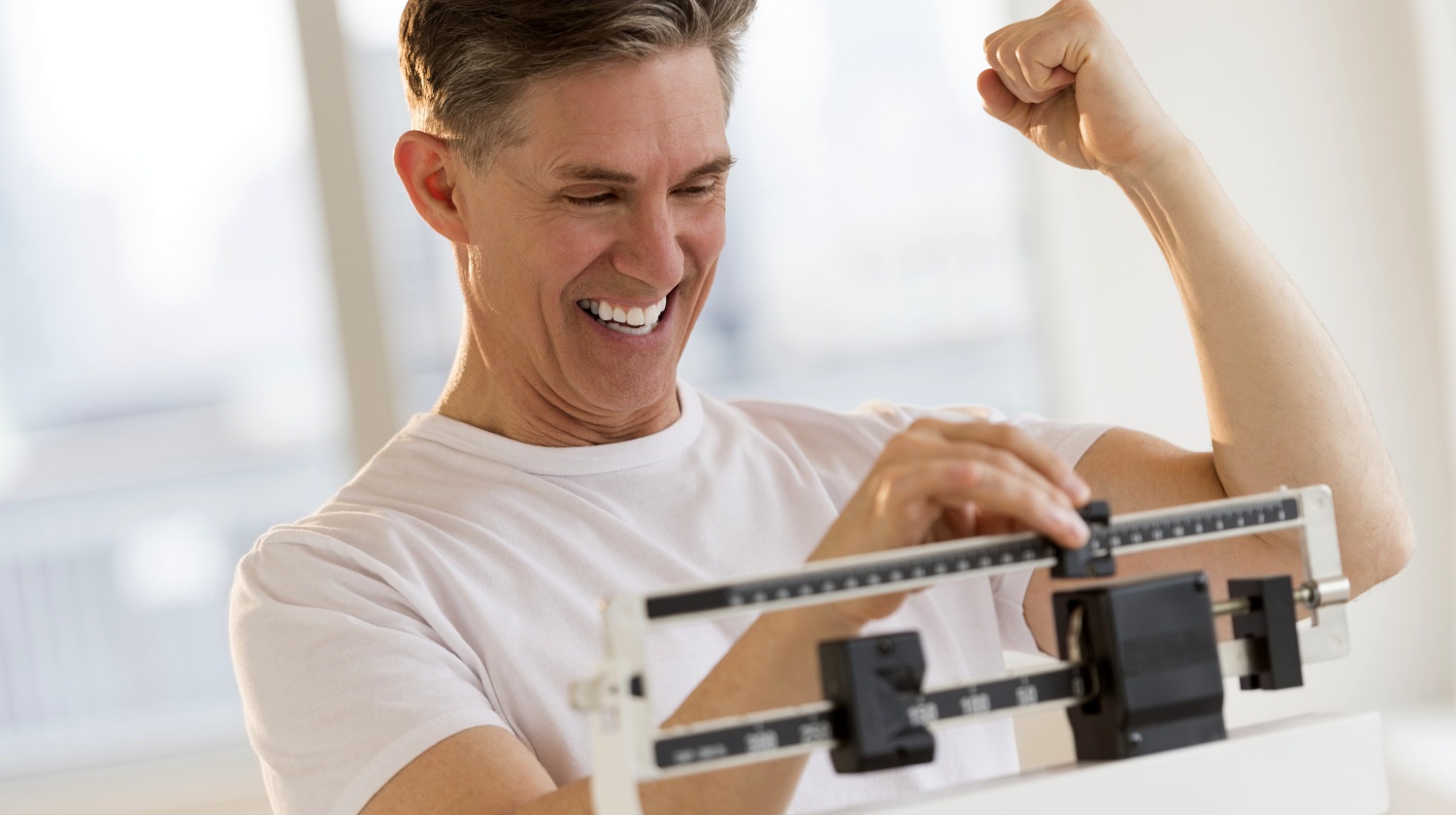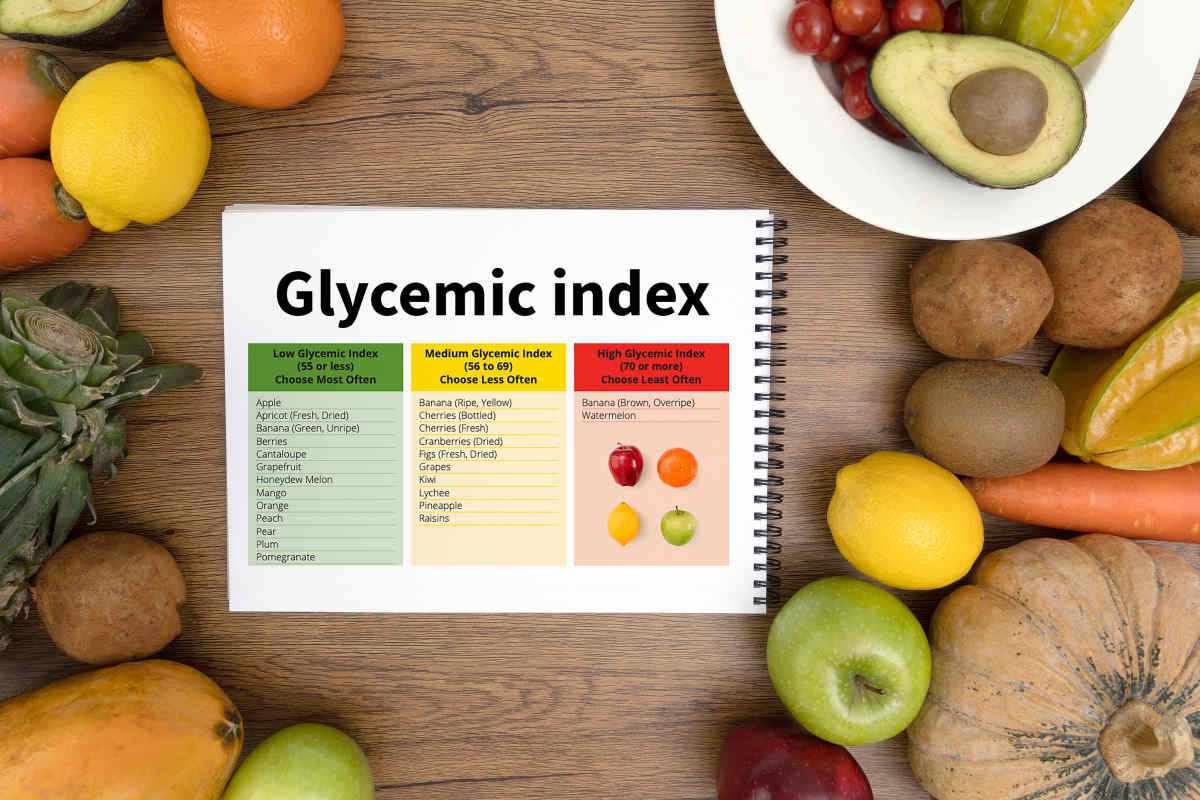
Do you really need to follow the no carb snacks rule? Keep reading and learn more about how snacking affects your weight loss journey here!
RELATED: High Fat Storing Hormone Comes Before High Blood Glucose Levels
In this article:
- Snacking Between Meals Triggers Fat Storing Hormone
- How to Control Fat Storing Hormone in the Body
- What Are the Glycemic Index and Fat Storing Hormone Index?
The No Carb Snacks or No-Snacks Rule for Weight Loss
Snacking Between Meals Triggers Fat Storing Hormone

If you snack between meals and satisfy your cravings, you trigger the release of some Fat Storing Hormone. The way Fat Storing Hormone got messed up in the first place was higher levels of sustained Fat Storing Hormone being triggered over time. Listen, if you exercised all day long and never gave yourself a chance to recover or rest, what would happen? In this case, you never give your Fat Storing Hormone a chance to recover from the sustained Fat Storing Hormone outflow.
We need to fix the Fat Storing Hormone problem by keeping it low between meals and eating low-carb foods. This way, it’s easy to switch to fat burning mode between meals and especially at night. So, that means only three meals with no snacks in between. Make sure you also know your net carbs per serving and carb count in grams per meal so you’ll have control over your carbohydrate intake.
Net Carbs Definition: Net carbs are carbs the human body can absorb and use for energy which are typically sugars and starches. Calculating net carbs is total carbs minus fiber and sugar alcohols.
If you are not hungry in the morning, don’t eat! It’s okay to have two meals per day and have fewer calories. Eating six small meals per day to stimulate your metabolism is a big myth and is very bad advice unless you’re trying to gain weight — and do it in an unhealthy way.
If you skip a meal, your body will turn your belly fat into a meal. Isn’t this the point, the goal, to use your fat as fuel? Then, we need to keep Fat Storing Hormone down.
How to Control Fat Storing Hormone in the Body
Sustained eating with delicious snacks destroys Fat Storing Hormone regulation. Here are the things you should avoid to control Fat Storing Hormone production:
- Sugar or snacks with no sugar
- Eating protein and sugar together
- Excess protein
- Snacking
- Hidden sugars, especially condiments, dairy, packaged foods, processed foods, and canned foods (Start reading labels on everything and begin eating no sugar snacks. You’ll be surprised at the hidden sugars in foods like SOUP. You can pick the sugar-free ones also.)
RELATED: What Is Worse High Fat Storing Hormone or High Glucose Levels
What Are the Glycemic Index and Fat Storing Hormone Index?

You may have heard of the glycemic index. If not, the glycemic index is the scale of how fast a food turns into glucose (blood sugar). White bread is a lot higher on the scale than celery, for example, although both are carbs. But, I’ll bet you have not heard of the Fat Storing Hormone index, have you? The Fat Storing Hormone index measures all the non-carbohydrate triggers of Fat Storing Hormone.
When you go to the doctor, they will test the sugar in your blood, right? But, do they ever test Fat Storing Hormone levels? Testing fasting Fat Storing Hormone levels would give some deeper insights. Research on the Fat Storing Hormone index gives us a scale that ranges from things that barely trigger Fat Storing Hormone to things that majorly trigger Fat Storing Hormone.
Certain types of protein trigger Fat Storing Hormone more than others. Apparently, whey protein, egg whites in hard-boiled eggs, or other low-fat, lean proteins can spike Fat Storing Hormone way more than whole-fat protein foods. If we combine the egg yolk with the egg white and eat it like Mother Nature intended, Fat Storing Hormone response is much lower.
This goes against everything we have been taught. People have been focusing on a low-fat diet and low-fat everything. I am not telling you to completely avoid everything, including the ingredients you buy in the grocery store, that triggers Fat Storing Hormone because protein can also stimulate your metabolism when taken in right amounts. We need some protein to replace what our bodies are made from. (Interestingly, no part of the body is made of grams of carbohydrates, and there are no essential carbs, only essential fatty acids and essential amino acids—proteins.)
The no carb snacks or no snacks rule is the key to effective weight loss. It’s also essential to know what to avoid to make sure you’ll be on the right track with your high-fat diet. Consider planning your meals ahead of time so you can also check their nutritional content thoroughly if it will be beneficial to your weight loss journey.
Up Next:
Disclaimer: Our educational content is not meant or intended for medical advice or treatment.
Editor’s Note: This post has been updated for quality and relevancy.
